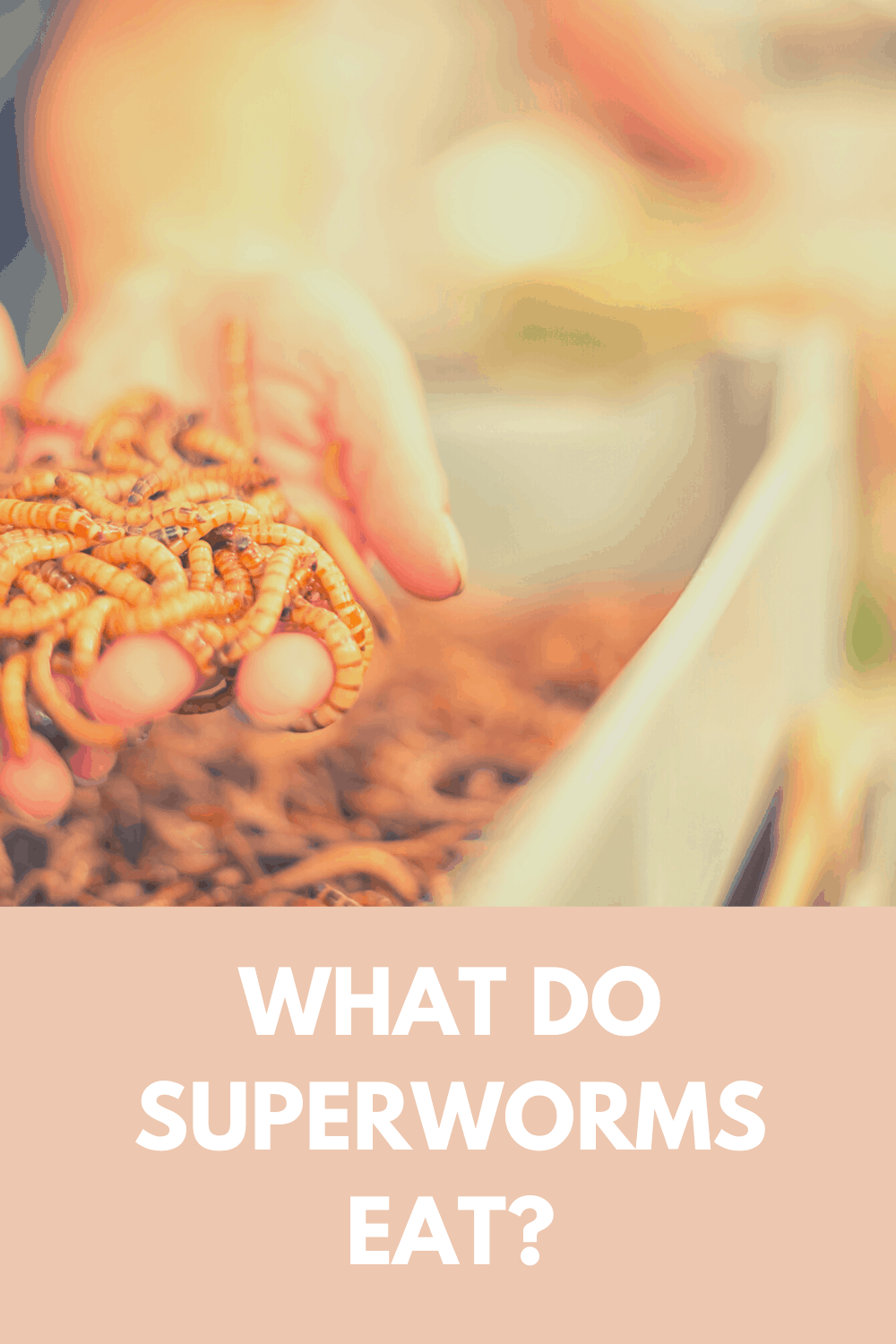
Jeffery Jago is a expert in horticulture and worm breeding. With a background in plant cultivation
Last Updated on April 24, 2021 by Jeffery Jago
A superworms diet is an important part of raising high-grade high-quality worms. One of the most important aspects of their feeding is to find a balance between dry and wet foodstuffs.
For superworms in particular, You want to keep their hydration level up a bit. Big worms require big hydration, so adding slices of cucumber, melon and other various fresh fruits and veggies is a good idea.
These should be sliced into 1/4 inch slices so the smaller mealworms can also partake without worry about not getting any nutrients.
Avoid all acidic and spicy foods, as they are harmful to your super worms. This also includes things like tomatoes, onions, etc.
If you see any mold on the food or notice it is starting to rot and foul, it’s time to remove it and replace it. This should start happening every 2 days or so.
Time of day is an important factor when feeding your superworms. Given their nocturnal nature, it is best to feed them at night. This allows them more time to eat and digest, rather than having the food sit, spoiling during the day.
Superworms will get all their hydration from the food they eat. Do not put water directly into the mealworms housing. This includes gently misting. This will only damage the worms rather than hydrate them.
Before feeding your superworms to your reptiles or fish, You will need to gut load them. Basically this means feeding them a special diet low in phosphorus and high in calcium for at least 2 days prior to feeding them to reptiles or fish. This process also purges rotting food that may be inside the worm that could cause your animals to become ill.
As for grown adult beetles, They need to be fed every single day or they will self canabalize their eggs.

